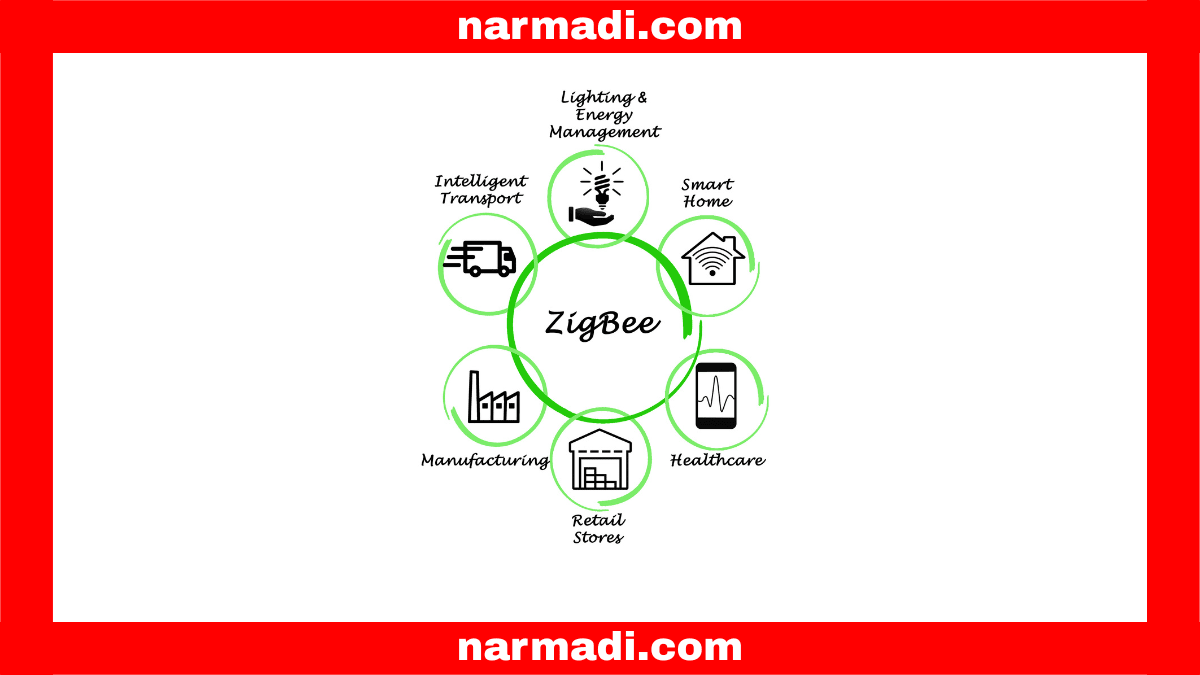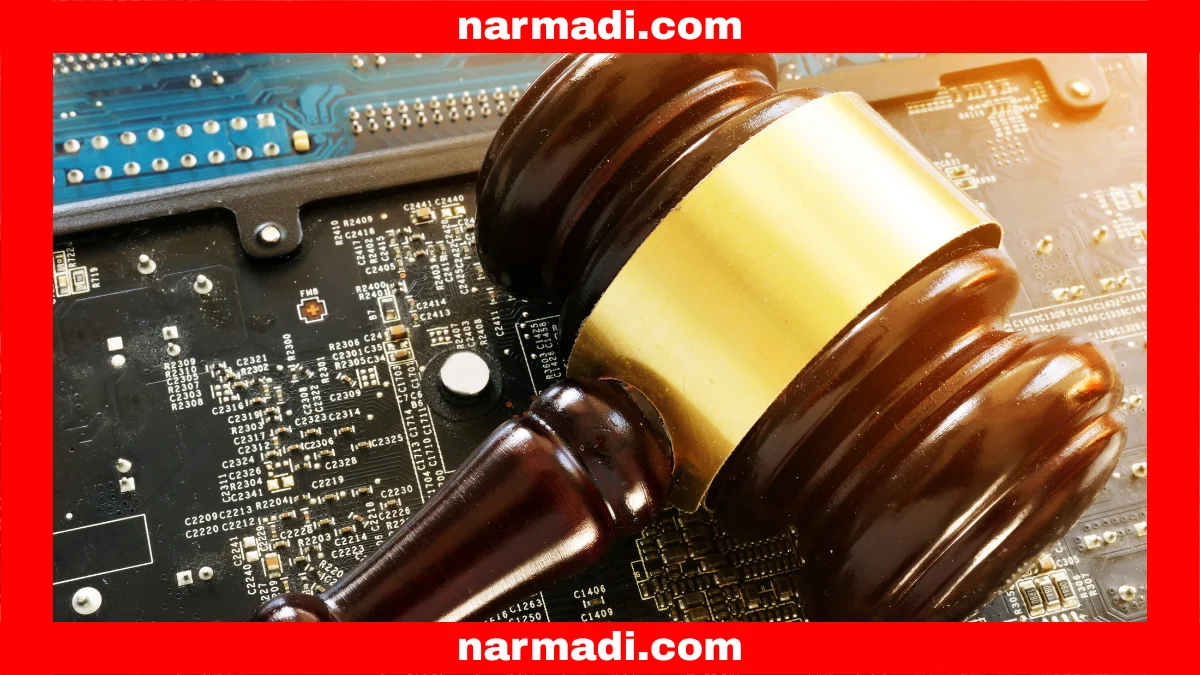Zigbee technology has recently become popular because it is one of the key technologies in supporting modern technology ecosystems that require devices to connect.
The main requirement for connected devices, especially for smart homes and the Internet of Things (IoT), is Zigbee technology. In this article, you will be introduced to information ranging from the definition of what is Zigbee technology, how it works, and the regulations that apply in Indonesia.
What is Zigbee Technology?
Zigbee is a wireless communication protocol that operates based on the IEEE 802.15.4 standard. This protocol is designed for applications that require low power and low cost. Zigbee operates at a frequency of 2.4 GHz.
These wireless devices use a mesh network to enable devices to connect. By using a mesh network, Zigbee devices can communicate with each other and extend their range without requiring a direct signal from a central device. This protocol is widely used in smart home applications, such as smart lights, thermostats, and sensors.
Zigbee is designed as an energy-efficient solution compared to technologies such as WiFi and Bluetooth. Thanks to its efficiency, Zigbee has become one of the key protocols for Internet of Things (IoT).
How it Works?

Zigbee applications works through a mesh network, where each device in the network can act as a Zigbee technology works through a mesh network that allows every device in the network to act as a hub. The goal is, obviously, to ensure a stable connection.
- Coordinator: Functions as the network control center, usually in the form of a hub or gateway.
- Router: Expands the network range by relaying signals between devices.
- End Device: Devices such as smart lights or sensors that only receive signals without relaying them.
With a mesh network, signals are automatically forwarded through other devices when one device loses connection. This is what makes the coverage area of a Zigbee network extensive and stable.
Advantages

Zigbee is a comprehensive IoT solution that offers a complete package, including mesh networking and a universal language for smart objects to collaborate effectively. The main advantages of Zigbee technology are as follows:
Power efficiency
The first advantage of Zigbee technology is its power efficiency. Zigbee has low power consumption, making it ideal for use in battery-powered devices such as sensors and thermostats. Zigbee batteries can also be used for long periods of time.
Stable mesh network
Another advantage of Zigbee is its reliable mesh network. The network can find alternatives to continue communicating when one device is down. This minimizes network disruption and makes it more stable.
Interoperability
High interoperability is another advantage of Zigbee. Devices from different brands can be seamlessly integrated as long as they comply with Zigbee Alliance standards. Simply connect the device to an application on your smartphone for remote control.
Ability to support multiple devices
Zigbee has high scalability, enabling it to support many devices in a single network. More than 65,000 devices can be connected to a Zigbee network. This makes it ideal for supporting large home systems or complex industrial facilities.
High security
Another advantage of Zigbee is its high security. Zigbee is equipped with 128-bit AES encryption to provide strong protection for data sent between devices. This allows security threats to be anticipated.
Zigbee Technology Interoperability
Zigbee device interoperability means that all devices from different manufacturers can be connected in a single network. Here are some things you need to know to ensure interoperability.
- The coordinator must be compatible.
- It must have the “Zigbee Certified” mark.
- It must comply with the Zigbee 3.0 standard.
- Must be Zigbee Alliance standard
- There is a risk of WiFi interference because they both operate on the 2.4 GHz frequency band
By ensuring these things, you will get Zigbee devices that can be integrated with various other devices. So you will get great automation in supporting your smart home.
Product compliance and Regulations in Indonesia

Zigbee technology uses Short Range Device (SRD) technology, which operates within a specific frequency spectrum. In every country, all SRD-based wireless devices are required to have Radio Frequency (RF) Certification.
Zigbee technology regulations in Indonesia require all radio frequency-based devices to meet the Directorate General of Digital Infrastructure (DJID) certification. These are technical standards that must be complied with before devices can be sold in Indonesia. DJID certification ensures that products comply with government safety and quality regulations and do not interfere with other communication devices.
The certification process involves technical testing, such as frequency adjustment, safety checks, and compatibility with the surrounding environment. Once testing is complete, products that pass will be listed in a Test Report, confirming that they are safe and ready for sale. This report guarantees customers that the product meets technical standards and is safe.
For companies wishing to sell Zigbee technology, our Product compliance services are available to assist with this process. This service includes preparing technical and legal documents, conducting the necessary testing, ensuring regulatory compliance, helping companies streamline the certification process, and providing consumers with confidence in certified products. [UN]

